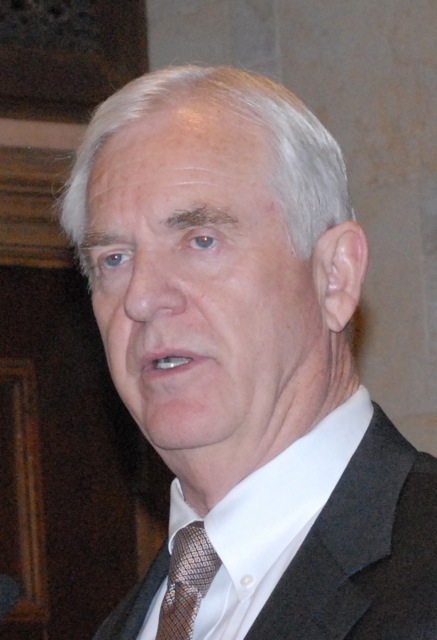Gerawan Votes Were Counted in a Professional Way
Votes Were Announced, Union or No Union
By Laurie Greene, Founding Editor
Following Election Protocols, below is a rundown of what happened at 2550 Mariposa Street, Fresno, California. The Gerawan ballots arrived by with ALRB officials carrying them in a black container with red handles. They arrived at the building at approximately 10:15 AM. Watch video here: https://youtu.be/dttdNbUQbG4
| Number counted |
ON STAGE |
|
| 1 | Veronica Cervantes | ALRB Board Agent is running the election |
| 1 | UFW voter observer | On stage, seated for observation and simultaneous tallying |
| 1 | Gerawan farm employee, Angel Lopez. | On stage, seated for observation and simultaneous tallying |
| 2 | ALRB voter observers | On stage, standing for observation |
| 1 | Gerawan farm employee | On stage, standing for observation |
| 2 | ALRB employees | On stage, standing for observation in Black Vests with ALRB patches |
| 8 | TOTAL ON STAGE | |
AUDIENCE |
||
| 100 | Silvia Lopez, Jessie Rojas (Pick Justice), Gerawan employees, people in red UFW t-shirts,; media. | |
| 2 | Lawyers: Tony Raimondo, Ron Barsamian | |
| 1 | Eduardo Blanco, ALRB | |
| 2 | Assmb. Jim Patterson, Shannon Dee Grove (Kern County) | |
Observation Notes
Black cooler with red handles contains ballots.
Cervantes showed 21 large yellow Legal-sized? Envelope packets, each containing blue ballots and yellow #10 envelopes of challenged ballots
- Challenged ballots
- Cervantes removed ballots in yellow envelopes designating them as “challenged ballots.”
- Silvia said even if there are 300 Challenged ballots, “We’ll be OK.”
- Challenged ballots were identified during the Nov. 2013 election under the following circumstances:
- Farm employees were told to bring a paystub.
- Upon arrival, voters picked at random, were asked to show a California ID as well.
- If they lacked a second ID, CA ID, their votes were sealed in yellow envelopes designated as challenged ballots.
- Many voters told Silvia their vote was challenged. They were upset, angry and intimidated.
- TOTAL Contested ballots 634
- These contested ballots will be counted today only if necessary after the blue ballots are counted.
- #10 Yellow envelopes identify and contain one challenged ballot each.
- Placed in separate gray tote box to isolate them from the blue [non-challenged] ballots
- See Silvia Lopez’s comments
- Blue Ballots
- Blue Ballot Rules. If voter:
- used a check mark instead of an X OK
- marked in the outer box instead of inner box OK
- Marked “No” for unwanted option OK
- Ballot with marking indicated the ID of the voter UNACCEPTABLE
- Counted in bunches of 50 2
- Read “No Union” in Spanish
- Cervantes made announcements in English, then Spanish
- 2:36
- Blue Ballot Rules. If voter:
|
|
Union |
No Union |
Invalid |
Challenged ballots |
|
| Ballots |
197 |
1098 |
18 |
Total |
635 |
|
|
|
7 |
No markings | Unsufficient to affect outcome of ballot count
|
|
|
6 |
Markings on both boxes | ||||
|
2 |
Signature reveals ID (separated out) | ||||
|
1 |
Marked in the middle |
|
|||
|
1 |
Contains statement, sticker |
|
|||
|
1 |
? |
|
|||
| 1930 | Ballots |
|
Expected from 11/ 2013/ |
677 |
|
| 1948 | Total voters |
|
|
||
| 2645 | # Names on list |
|
|
||

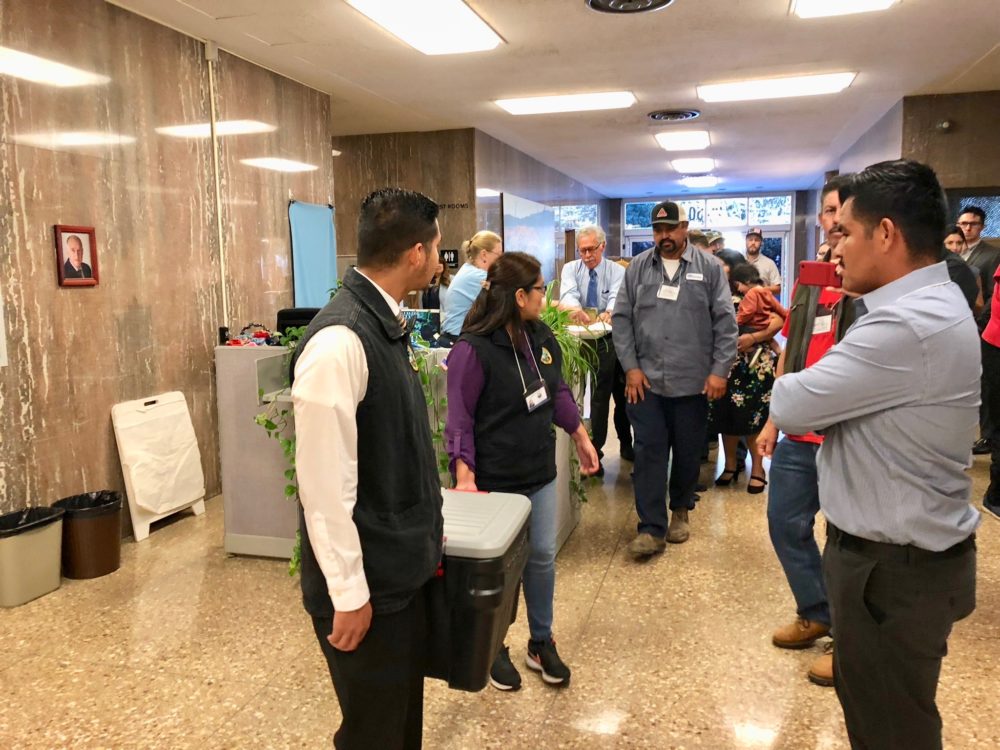
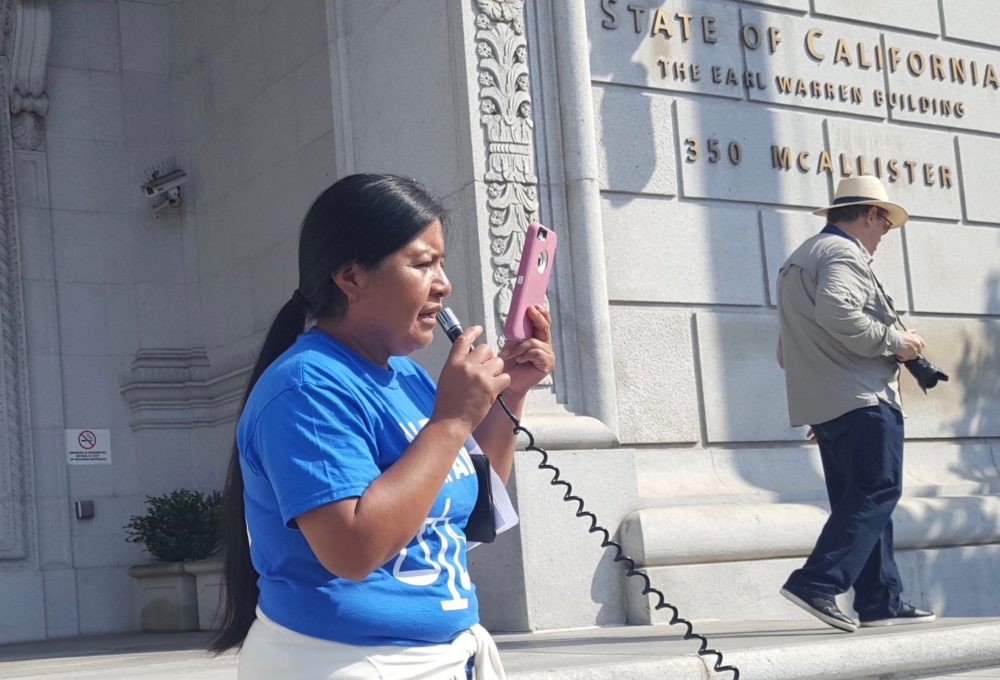

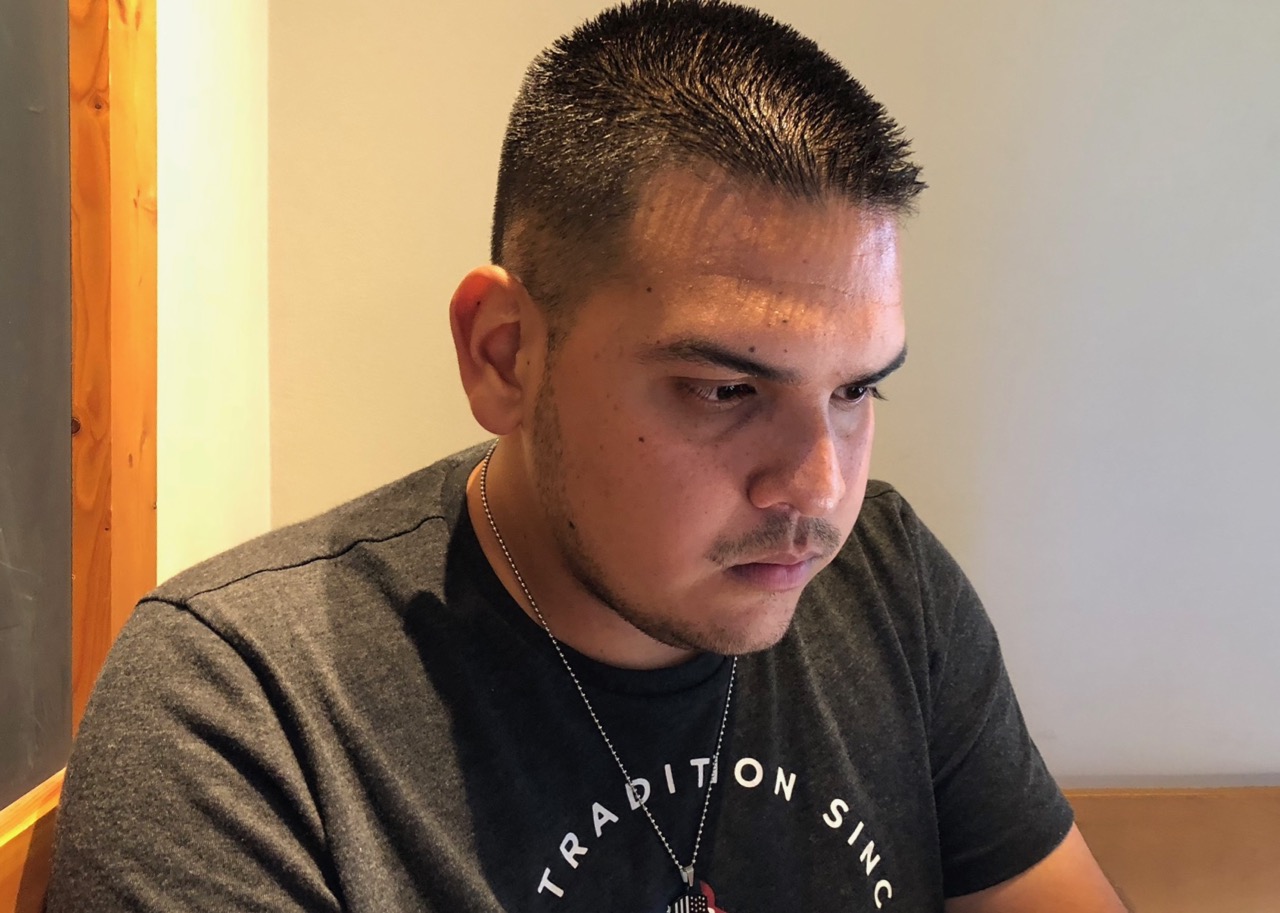



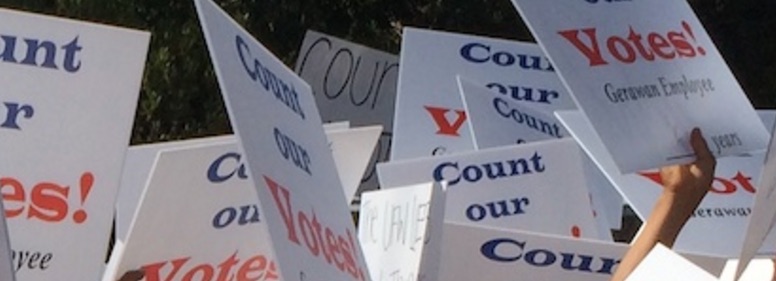


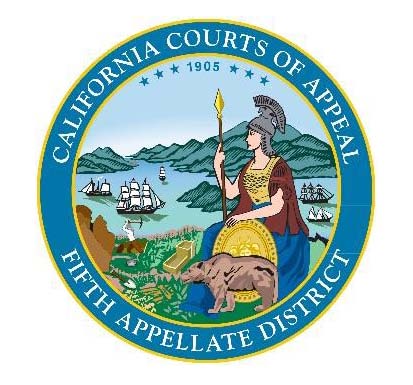



 California Ag Today: In denying the ballot votes to be counted, the ALRB said it was unfair that the employer—Gerawan in this case—gave the workers a pay raise without permission of the state government or the UFW.
California Ag Today: In denying the ballot votes to be counted, the ALRB said it was unfair that the employer—Gerawan in this case—gave the workers a pay raise without permission of the state government or the UFW.
